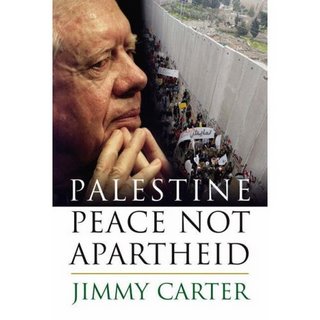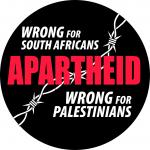I now choose specific flights and airlines to ensure that I land at certain terminals close to the chapel. Those chapels are my pit stop to refuel on my spiritual energy. They help provide me with the private space to perform my prescribed prayers (Muslims offer five obligatory daily prayers that fall throughout the day) and if time permits, read some Quran. After a long flight, crammed between tight airplane rows, surviving seat neighbors who confused you for their therapist, and digesting the generous peanut meals, one can use a chapel.
If you have not figured it out yet, I love chapels.
So next, I enter the chapel and sign my name in the guest book to make sure that the chapel managers and care takers know how much I appreciate what they offer us travelers through this chapel. "God Bless you" is what I comment next to my name on the book. Indeed, I am so grateful to them. I also do my share in sending a humble donation in response to those chapels' mail solicitation. Keep in mind, most chapels depend on the support of their visitors and the local nonprofit organizations.
The chapel consists of a small room with chairs and a podium. It is open and is regularly used by people of all religious backgrounds. In respect of individual beliefs, no religious symbols are present in the room. However, the religious books of each faith and prayer mats for Muslims are available. A sign shows the direction for the Qibla (direction to Makkah).
I extend the mat and offer the Salat (prayer), then sit to read from the Qur'an or just enjoy a few moments of quiet, peace and relaxation. I can not describe the feeling of rejuvenation. I am now ready for my next flight. It is not uncommon to see a Christian kneeling for a prayer or reading the Bible while a Muslim is close by prostrating during a prayer. What a pleasant scene of spirituality and mutual respect.
In case you are interested, I learned that the first airport chapel was established in 1950 at Boston’s Logan International Airport to provide a place where airport employees and travelers could fulfill their worship obligations.
According to a USA Today article, "about three dozen U.S. airports — including most of the big ones — have chapels or chaplains." Therefore, the next time you travel, chances are there is a chapel near you. Try it. You might fall in love with chapels too. One does not survive on airport smoothies and food alone.


